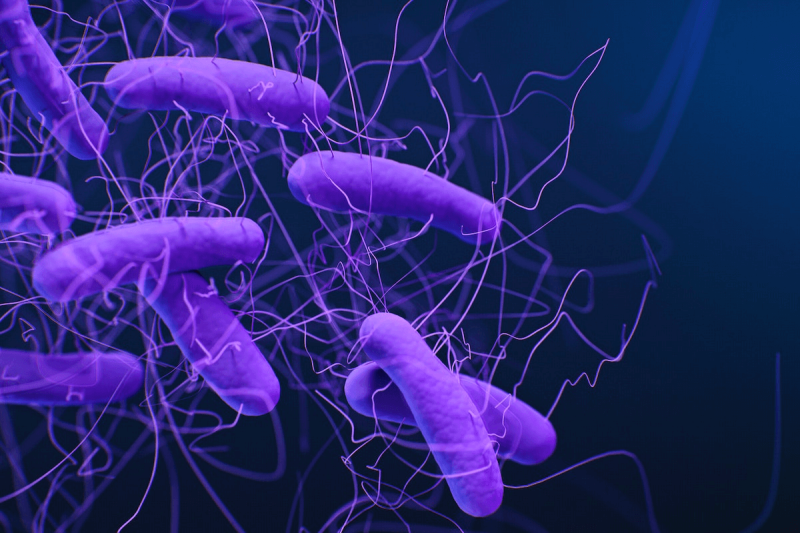Antibiotics kill bacteria. However, there has been a lack of new drugs for decades and bacteria are becoming harder to treat, as they evolve resistance to the ones we have.
More than a million people a year are estimated to die from infections that resist treatment with antibiotics.
The researchers focused on one of the most problematic species of bacteria – Acinetobacter baumannii, which can infect wounds and cause pneumonia.
To find a new antibiotic, the researchers first had to train the AI. They took thousands of drugs where the precise chemical structure was known, and manually tested them on Acinetobacter baumannii to see which could slow it down or kill it.
This information was fed into the AI so it could learn the chemical features of drugs that could attack the problematic bacterium.
The AI was then unleashed on a list of 6,680 compounds whose effectiveness was unknown. The results – published in Nature Chemical Biology – showed it took the AI an hour and a half to produce a shortlist.
The researchers tested 240 in the laboratory, and found nine potential antibiotics. One of them was the incredibly potent antibiotic abaucin.































